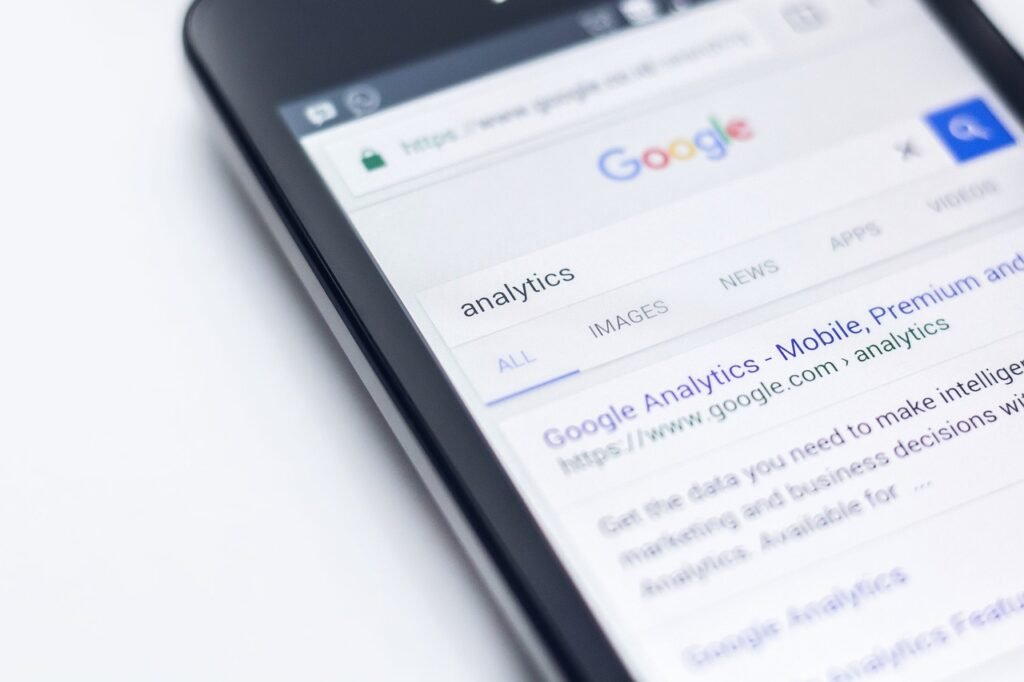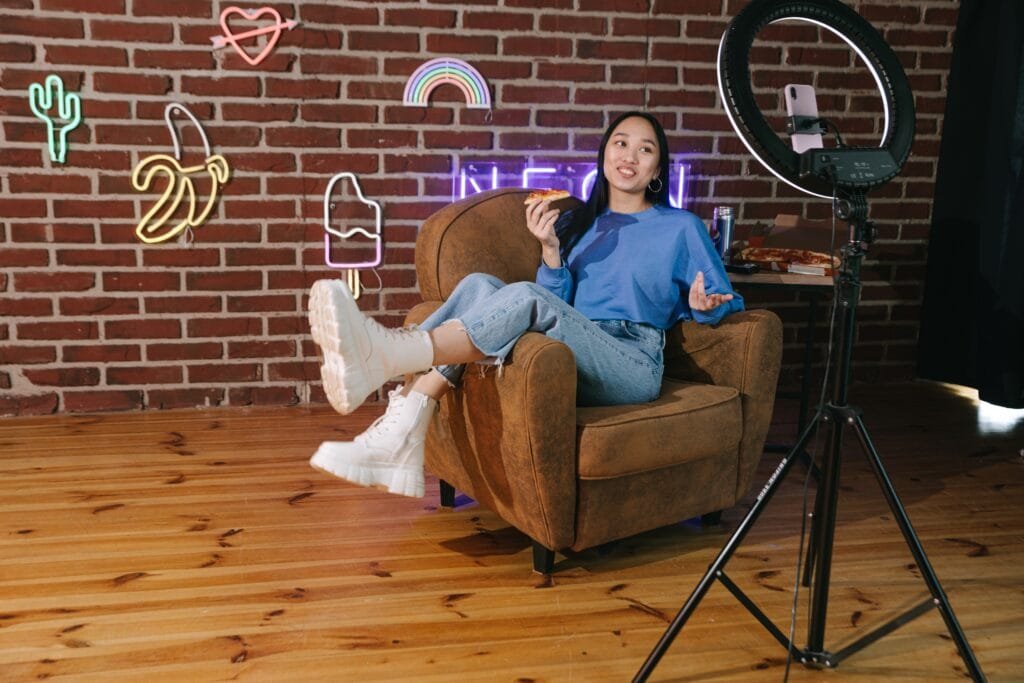The real estate sector, traditionally seen as a brick-and-mortar business, is increasingly embracing digital marketing strategies, with influencer marketing emerging as a powerful tool. As potential buyers and investors spend more time online, especially on social media, real estate brands are collaborating with property influencers to engage audiences, boost their brand’s visibility, and drive sales. This extensive guide will explore the various aspects and benefits of leveraging influencer marketing in the real estate sector.
Understanding the Impact of Influencer Marketing in Real Estate
Reaching a Wider Audience
Influencer marketing allows real estate brands to reach wider, yet targeted, demographics. Property influencers, with their substantial and engaged followings, can showcase real estate investments, home tours, and property advice to a broad audience, including potential homebuyers who might not be reached through traditional real estate marketing methods.
Building Trust through Authenticity
Trust plays a crucial role in any significant investment, especially in real estate. Influencers, by sharing their genuine opinions and experiences, can lend credibility to a real estate brand or property. Their real-life narratives and testimonials can make a property feel more approachable and trustworthy.
Choosing the Right Property Influencers
Matching Brand Values with Influencer Persona
Selecting the right influencer is critical. Real estate businesses need to look for influencers whose image and followers align with their brand values and customer demographics. The goal is to find influencers who can not only reach but also resonate with the target audience.
Expertise and Credibility in the Real Estate Niche
Given the complexity of real estate transactions, partnering with influencers who possess knowledge and experience in the sector can be invaluable. Influencers who are real estate agents, investors, or interior designers can provide credible, insightful content, further enhancing the brand’s value proposition.
Content Strategies for Real Estate Influencer Marketing
Home Tours and Property Showcases
One of the most engaging content types in real estate influencer marketing is virtual home tours. Influencers can use video platforms like YouTube or Instagram to give their audience a detailed walkthrough of properties, highlighting unique features and selling points.
Educational and Informative Content
Informative content around home buying tips, property investment strategies, and market trends can help educate the audience, positioning the brand as a knowledgeable and trustworthy industry leader. Influencers can break down complex real estate concepts into digestible content, aiding in informed decision-making.
Measuring the Success of Influencer Collaborations
Engagement Rates and Audience Feedback
Tracking engagement rates like likes, comments, and shares can help gauge how the audience perceives the influencer’s content. Additionally, direct feedback in the form of comments or messages can provide insights into the audience’s questions and concerns, guiding future content strategies.
Conversion Metrics and ROI
Ultimately, the success of influencer marketing campaigns in real estate can be measured by conversions – inquiries, brochure downloads, or actual sales. Tracking these metrics will help in understanding the return on investment (ROI) and in fine-tuning the marketing strategy.
Leveraging Social Media Platforms for Maximum Impact
Instagram for Visual Storytelling
Instagram’s visual-centric platform is ideal for showcasing properties through high-quality images and videos. Influencers can create visually appealing content such as stylized photos of properties, behind-the-scenes looks at open houses, or engaging Reels and Stories to highlight property features, all of which can captivate potential buyers’ attention and drive interest.
YouTube for In-Depth Property Tours
YouTube offers a platform for more comprehensive and detailed property showcases. Here, influencers can post longer-form content like complete home tours, neighborhood guides, and Q&A sessions about property buying tips. This in-depth content can help prospective buyers get a thorough understanding of the property and the locality, aiding in their decision-making process.
Innovative Influencer Campaign Ideas for Real Estate
Hosting Live Q&A Sessions
Live sessions on social media platforms can be an interactive way to engage audiences. Property influencers can host live Q&A sessions, answering questions in real-time. This direct engagement builds a sense of community and trust, fostering a more personal connection between the audience and the brand.
Collaborative Giveaways and Contests
Organizing giveaways or contests in collaboration with influencers is another method to capture attention. For example, a contest inviting participants to design their dream home, with the winner getting a free consultation with a renowned interior designer, can generate excitement and engagement around a property or real estate brand.
Challenges and Best Practices in Real Estate Influencer Marketing
Overcoming Misperceptions and Ensuring Authenticity
A significant challenge in real estate influencer marketing is overcoming skepticism about sponsored content. To tackle this, influencers must maintain transparency about partnerships and deliver honest reviews or opinions. Authentic content not only complies with legal guidelines but also resonates more effectively with audiences.
Aligning with Legal and Ethical Standards
Real estate marketing, including influencer collaborations, must adhere to legal standards like fair housing regulations and disclosure guidelines. Real estate brands and influencers need to be well-informed and compliant with these rules to avoid legal repercussions and maintain trustworthiness.
The Future of Influencer Marketing in Real Estate
Virtual Reality and Augmented Reality Experiences
Looking ahead, the integration of technologies like virtual reality (VR) and augmented reality (AR) in influencer marketing campaigns could revolutionize property showcases. Influencers could give virtual tours of properties or use AR to depict potential renovations, providing an immersive and interactive experience to the audience.
Leveraging Data-Driven Insights for Personalized Marketing
As influencer marketing continues to evolve, the use of data analytics and AI to glean insights into audience preferences and behaviors will become more prevalent. These insights can help tailor influencer content more precisely to audience interests, enhancing engagement and conversion rates.
Integrating Storytelling and Authentic Narratives in Real Estate Influencer Campaigns
Crafting Relatable Real Estate Stories
The power of storytelling cannot be underestimated in influencer marketing, especially within the real estate sector. Influencers can weave narratives around a property’s unique aspects, its history, or even its impact on the lives of previous owners. These stories can make properties more relatable and memorable, thus forging a stronger emotional connection with potential buyers.
Using Testimonials and Success Stories
Sharing testimonials and success stories from satisfied clients can significantly boost credibility and trust. When influencers share these stories, it provides proof of satisfaction and success, giving prospective buyers the confidence they may need to make a decision.
Engaging with Niche Audiences in Real Estate
Targeting Specific Demographics
The effectiveness of influencer marketing in real estate also lies in its ability to target niche audiences. For instance, marketing luxury properties requires engaging with influencers who appeal to high-net-worth individuals. Similarly, properties ideal for families or first-time homeowners can be best marketed through influencers who resonate with these groups.
Collaborating with Local Influencers
Local influencers, or ‘micro-influencers,’ often have a strong connection with their communities. Collaborating with these influencers can be highly effective for real estate businesses focusing on local or regional markets. Their genuine influence and local knowledge can be pivotal in reaching potential buyers in specific geographical areas.
Measuring the Success of Real Estate Influencer Campaigns
Key Performance Indicators (KPIs) to Track
Measuring the return on investment (ROI) of influencer marketing campaigns is crucial. Key performance indicators might include engagement rates, traffic to listings or websites, lead generation numbers, and conversion rates. Monitoring these metrics can help real estate marketers adjust their strategies for better results.
Utilizing Analytics Tools
Employing advanced analytics tools can provide deeper insights into the performance of influencer marketing campaigns. These tools can track user behavior, engagement levels, and even sentiment analysis, providing a comprehensive understanding of the campaign’s impact.
Future Trends in Real Estate Influencer Marketing
Rise of AI and Machine Learning
As we look to the future, technologies like AI and machine learning are set to play a more significant role in influencer marketing. These technologies can help in identifying the right influencers, optimizing content for different platforms, and personalizing content for individual viewers, enhancing the overall impact and efficiency of marketing campaigns.
Expanding Beyond Traditional Social Media
While platforms like Instagram and YouTube dominate the influencer marketing landscape, there’s a growing trend towards exploring newer or less conventional platforms. For instance, TikTok’s rising popularity and LinkedIn’s professional network offer untapped potential for unique real estate marketing strategies, reaching different audience segments effectively.

Related: Check out our free SEO suite

Emphasizing Virtual and Augmented Reality Experiences
Creating Immersive Property Showcases
With technological advancements, virtual and augmented reality (VR and AR) are reshaping how properties are showcased. Influencers can leverage these technologies to offer immersive, interactive property tours, allowing potential buyers to explore spaces virtually. This not only enhances the viewing experience but also widens the reach beyond geographical limitations.
Influencers and Interactive Storytelling
Influencers can utilize VR and AR to tell compelling stories about properties. For example, showcasing how a rundown property can be transformed into a dream home through AR filters or creating VR walkthroughs depicting the lifestyle potential buyers could enjoy, adds a layer of engagement and interactivity to the narrative.
Leveraging Data-Driven Insights for Targeted Marketing
Understanding Audience Demographics
Data analytics can provide invaluable insights into audience demographics, interests, and behaviors. By analyzing this data, real estate marketers and influencers can tailor their content and campaigns to more effectively reach and engage potential buyers, making marketing efforts more strategic and results-oriented.
Predictive Analytics in Influencer Selection
Predictive analytics can aid in selecting the most suitable influencers for specific real estate campaigns. By predicting future trends and audience responses, real estate businesses can partner with influencers who are likely to resonate best with their target audience, ensuring a higher campaign success rate.
Sustainable and Eco-friendly Marketing in Real Estate
Promoting Green Living Spaces
As awareness of environmental issues grows, marketing properties with eco-friendly features and sustainable living options has become increasingly important. Influencers can play a pivotal role in highlighting these features, appealing to the environmentally conscious buyer and setting properties apart in a crowded market.
Influencers as Advocates for Sustainable Practices
Influencers can also be advocates for sustainable practices in the real estate industry. By promoting properties that embody energy efficiency, low carbon footprints, or use of sustainable materials, they can contribute to a broader movement towards environmentally responsible living.
Innovative Financing Options in Real Estate
Collaborations with Financial Experts
The complexities of financing a property purchase remain a significant hurdle for many buyers. Collaborations between real estate influencers and financial experts can provide valuable information and guidance on mortgages, investment opportunities, and innovative financing solutions, helping demystify the buying process.
Influencer-Driven Educational Content
Educational content around financing, such as informative videos, blogs, and webinars, can be powerful tools in an influencer’s arsenal. These resources not only aid potential buyers in understanding their options but also position the influencers (and by extension, the brands they represent) as authoritative and trustworthy sources in the real estate sector.
Conclusion
In conclusion, the potential of influencer marketing in the real estate industry is vast and multifaceted. From leveraging cutting-edge technologies like VR and AR for immersive storytelling to using data-driven strategies for targeted marketing, the opportunities are as diverse as they are dynamic. Furthermore, the focus on sustainable practices and innovative financing options highlights the industry’s adaptability and responsiveness to contemporary issues and market needs. By embracing these trends and strategies, real estate marketers can harness the power of influencer marketing to not just sell properties, but to also build lasting relationships with buyers, fostering a sense of trust, reliability, and forward-thinking that resonates well in today’s rapidly changing market landscape.
READ NEXT:
- Content Marketing on a Budget: Maximizing Impact with Limited Resources
- Let’s Discuss How We Can Help Improve Your Business
- 10X Your Digital Marketing Now! Skyrocket Your Leads in 30 Days
- 231+ Marketing Tools and Software to Skyrocket your Marketing ROI
- Affiliate Marketing for Subscription Services: Earning Recurring Commissions






















Comments are closed.